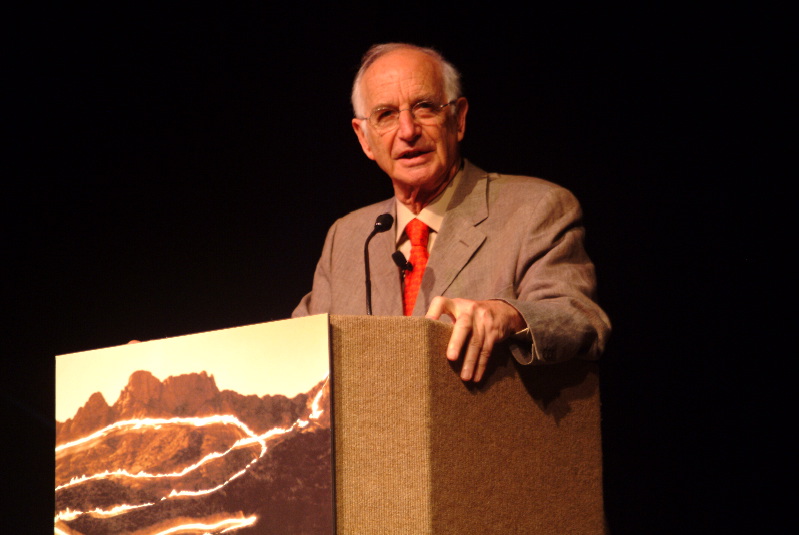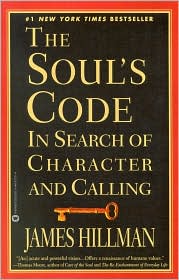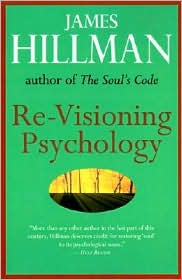Freud considered dreams "the royal road to the unconscious". I'll begin this week's talk with a brief flirtation with Freud's seminal work The Interpretation of Dreams, first published in 1899. In Freud's view, dreams are all forms of 'wish-fulfillment' — attempts by the unconscious to resolve a conflict of some sort, whether something recent or something from the recessess of the past. Although Freud's view of dreams as the'logic of the unconscious' was debunked by twentieth century researchers into REM sleep there have been some recent brain research that rather supports his view of dreams as connected with unconscious wishes.
 Then we will quickly visit the theories of his student Carl Jung. At first Jung seemed the heir apparent to Freud's new kingdom of Psychoanalysis but after a six year close collaboration the relationship between Jung and Freud disintegrated into animosity, in a rather bizarre enactment of Freud's oedipus complex perhaps. Jung went on to develop his own psychology calling it Analytic Psychology. One of his main points of difference from the Freudian view of dreams was that Freud's concept of the unconscious was incomplete and overly negative. Jung also proposed the existence of a second, far deeper form of the unconscious underlying the personal one. This was the collective unconscious, where the archetypes themselves resided, represented in mythology by a lake or other body of water. For Jung the unconsious was not just about sex and aggressive drives. He believed humans are driven by their need to achieve individuation, wholeness or full knowledge of the self.
Then we will quickly visit the theories of his student Carl Jung. At first Jung seemed the heir apparent to Freud's new kingdom of Psychoanalysis but after a six year close collaboration the relationship between Jung and Freud disintegrated into animosity, in a rather bizarre enactment of Freud's oedipus complex perhaps. Jung went on to develop his own psychology calling it Analytic Psychology. One of his main points of difference from the Freudian view of dreams was that Freud's concept of the unconscious was incomplete and overly negative. Jung also proposed the existence of a second, far deeper form of the unconscious underlying the personal one. This was the collective unconscious, where the archetypes themselves resided, represented in mythology by a lake or other body of water. For Jung the unconsious was not just about sex and aggressive drives. He believed humans are driven by their need to achieve individuation, wholeness or full knowledge of the self.
Finally I would like to discuss the ideas of the post-Jungian, James Hillman and his creation Archetypal Psychology which he set out in his book Re:visioning Psychology
Because archetypal psychology is concerned with fantasy, myth, and image, it is not surprising that dreams are considered to be significant in relation to soul and soul-making. Hillman does not believe that dreams are simply random residue or flotsam from waking life (as advanced by physiologists), but neither does he believe that dreams are compensatory for the struggles of waking life, or are invested with “secret” meanings of how one should live, as did Jung. Rather, “dreams tell us where we are, not what to do” (1979). Therefore, Hillman is against the traditional interpretive methods of dream analysis. Hillman’s approach is phenomenological rather than analytic (which breaks the dream down into its constituent parts) and interpretive/hermeneutic (which may make a dream image “something other” than what it appears to be in the dream). His famous dictum with regard to dream content and process is “Stick with the image.”
In the spirit of Hillman I will then describe and perhaps illustrate a process by which we can befriend dream images and allow deeper understanding of them rather than reduce them or analyse them inservice to the ego.



No comments:
Post a Comment